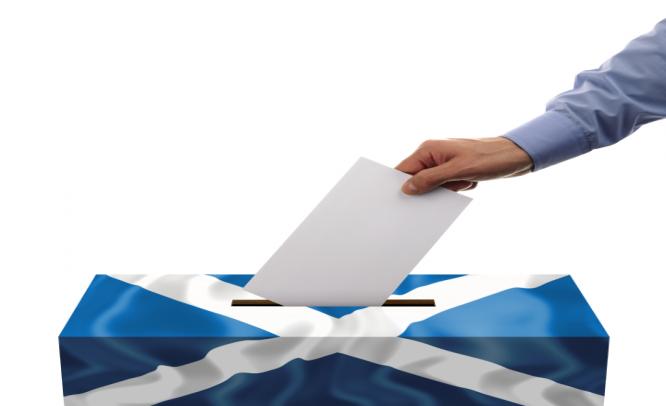The surprise was the comfortable margin of victory for those favouring staying in the UK
Tim Evershed
September 19, 2014: Global markets and British business leaders responded positively to the news that Scotland had voted to stay part of the UK in its referendum on independence.
The Better Together campaign triumphed with over 55% of the vote following a huge turnout of over 84% of the Scottish electorate.
In response the pound rose against the dollar in overnight trading on the Asian markets. It leapt nearly 0.8% to $1.6525 against the US dollar, before falling back slightly. Despite dropping back, sterling stays on course for its biggest two-day rise against the dollar in a year. And is at its strongest against the euro at €1.27 — the strongest in two years.
The result was welcomed by investors with many predicting a rally in early trading on the London Stock Exchange.
Tom Elliott, deVere Group’s International Investment Strategist, said: “UK financial markets will rally on relief that it is ‘back to normal.’ The possibility of an imminent major upheaval is now over.”
These predictions were borne out as the FTSE 100 Index rapidly rose 40 points and was still going strong at the time of writing. Key Scottish stocks were also up: Lloyds Banking Group by 2.60%, Royal Bank of Scotland was up 4.17%, Standard Life gained 1.76% and Aberdeen Asset Management increased by 2.16%.
Elliott said: “The risk that the UK would inherit Scotland’s share of the national debt, but without the income coming from oil, risked pushing the debt/GDP ratio and current account deficit into dangerous territory. This is what had been weighing on the sterling.
“After an initial rally today, I suspect that in the near-term there will be little repercussions from events over the past two weeks on the UK economy.”
A positive start to trading in London would continue the trends of yesterday. Then as the polls swayed towards a ‘No’ vote, key financials with headquarters in Scotland rose.
Lloyds Banking Group gained 1.38%, Royal Bank of Scotland rose by 1.73%, Standard Life picked up 1.54% and Aberdeen Asset Management rallied by 2.06% while the pound also made gains against the US dollar and euro.
The eventual margin of victory of almost 10% was far more comfortable that many polls had been predicting in the closing stages of the contest. Some had even given the nationalists a slender, albeit brief, lead.
It was enough to spook UK businesses though and some were forced off the political fence into backing the union. Retailers warned of price hikes while banks and insurers made public their contingency plans to re-domicile if Scotland gained independence.
Last night’s result let those companies “breathe a sigh of relief” that it would be business as usual in the UK.
Simon Walker, Director General of the Institute of Directors, said: “There can be no doubt that many businesses will breathe a sigh of relief that the prospect of a contentious currency debate and prolonged economic negotiations have been avoided, and yet we know that significant changes are still on the cards.
“The main party leaders have made clear their intention to devolve further power to the Scottish Parliament, and over time this will give the people of Scotland more of a say over how to manage their economy.
“As negotiations commence on a future settlement for Scotland, the focus must be on ensuring that any new powers are used to boost Scotland’s economic competitiveness, unleash enterprise and attract further investment.
“We are now at the beginning of a national debate about economic devolution. The Scots started that debate, and now it’s time for all of us to contribute new ideas about how our nations, regions and cities are run for the benefit of the entire country.”

